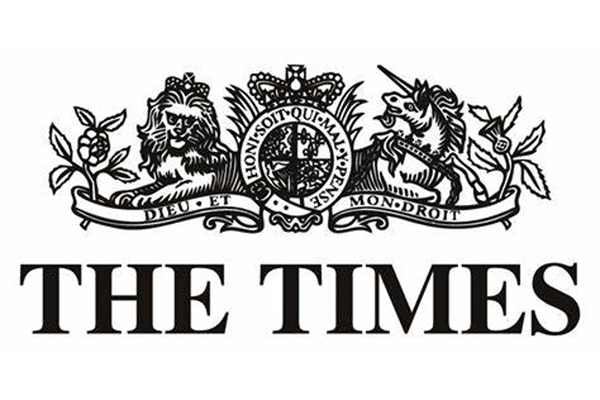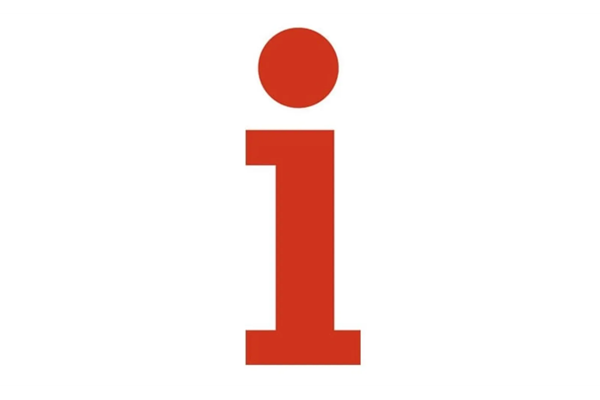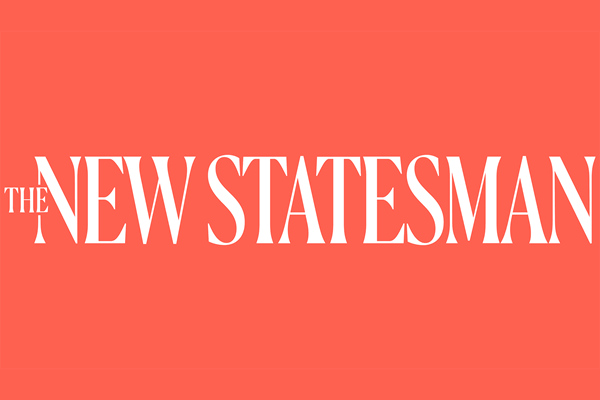A selection of our recent appearances in the UK media.
Free movement curbs could be relaxed under EU reset
Polling suggests a move to allow young Europeans to come and work in the UK for a time would be popular with the public. A survey this week by More in Common found 58 per cent of voters would back such a scheme and only 10 per cent were opposed. Only 17 per cent of leave voters thought it was a bad idea — and 49 per cent supported it.





